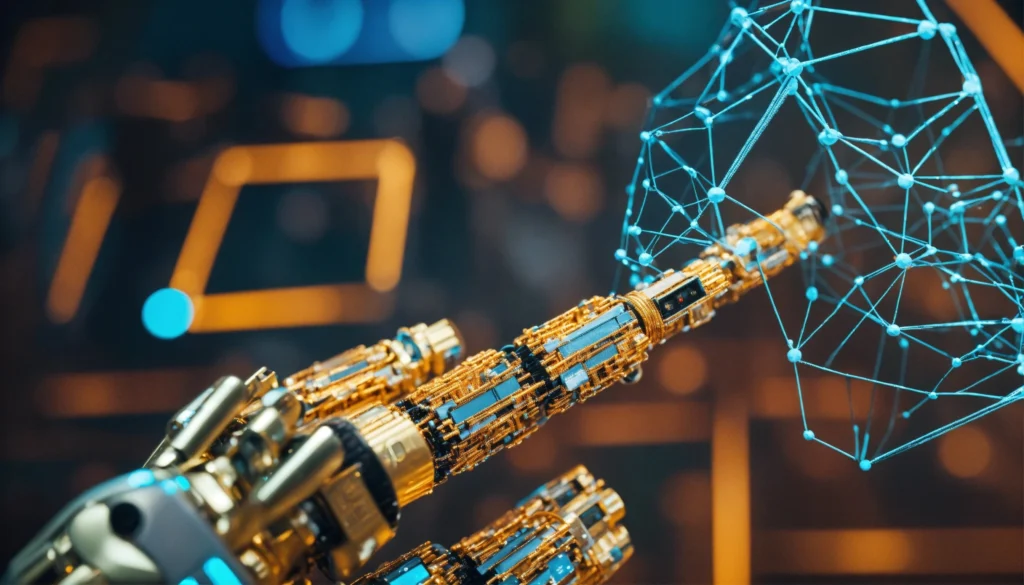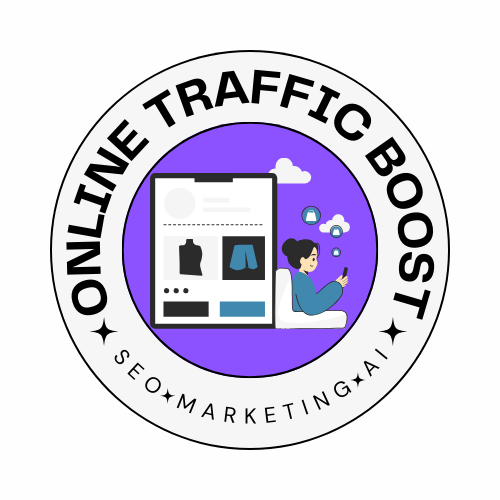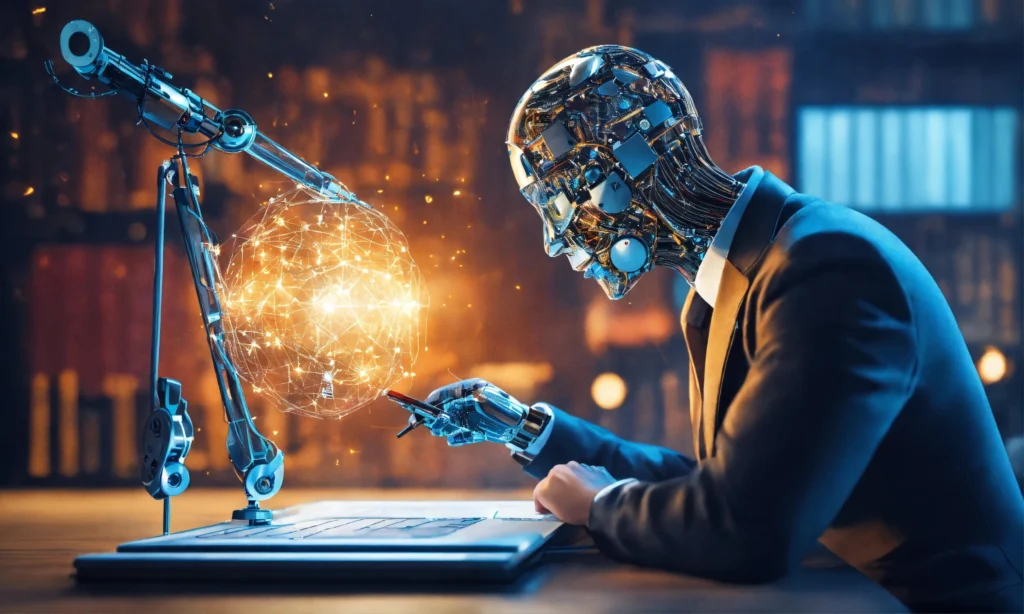Introduction
A new kind of royalty has developed in this age of digital presence, and that is artificial intelligence AI influencers. Not only are these computer-generated individuals attracting attention with their flawless social media lifestyles and unsettling appearances, but they are also revolutionizing the way marketing strategies are carried out.
For corporations, however, are they actually capable of being the golden goose? Untangling the facts around the income potential of artificial intelligence personas in digital marketing is the focus of this in-depth analysis.
Table of Contents
The Rise of AI Influencers
Through the use of artificial intelligence-powered virtual characters, AI influencers aim to engage audiences across various social media platforms.
For example, Shudu and Bermuda are not only faces on Instagram; rather, they are the embodiment of brand narratives and the creators of engaging content that holds the attention of millions of people.
Traditional influencer marketing has undergone a dramatic transition into an era in which digital avatars are the dominant force. Their appearance underlines this transition.

Monetizing AI Influencers
AI influencers have opened up new options for revenue, which is a positive development from a financial perspective.
These digital darlings are commanding significant amounts of money in marketing thanks to an assortment of strategies, including affiliate marketing, sponsored advertising, and cozying up with big-name advertisers.
Because of their capacity to generate engagement at any time of the day or night, they present an alluring opportunity to companies that are wanting to draw attention to their products.
Future Implications for Marketing
A revolution that is just as deep as the introduction of social media itself is about to take place in the marketing landscape as artificial intelligence (AI) influencers continue to gain popularity.
The potential for artificial intelligence personas to consistently engage with audiences and create content that is data-driven suggests a future in which marketing may become even more specialized and efficient.
Under this potential paradigm, brands may rely more on virtual influencers to acquire insights into customer behaviour. By leveraging their consistent online presence, firms may deliver targeted advertising with an unparalleled level of precision.
However, this also presents important problems around the privacy of consumers and the authenticity of interactions with brands, which will require careful management as we move forward into this innovative new era of digital marketing.
Regulatory Considerations for AI Influencers
As artificial intelligence and AI influencers become more prominent in the world of digital marketing, the possibility of restrictions is becoming a significant worry. The fact that consumers are able to clearly differentiate between information that was developed by humans and content that was created by artificial intelligence may require lawmakers to establish clear criteria regarding transparency.
For the purpose of protecting the privacy of consumers, it is necessary to investigate concerns around the utilization of personal data by virtual influencers in the process of developing hyper-targeted campaigns. In addition, regulations might be necessary in order to manage the intellectual property rights that are associated with the production and utilization of these virtual entities.
The legal framework needs to change in order to ensure that ethical practices are maintained in this quickly developing industry. This is because the obligations and potential liabilities of AI influencer makers are still in new territory.

Challenges and Considerations
But there are some bumps in the road to contend with. AI influencers walk a tight line between being innovative and being skeptical of the technology. The trust of the audience and the authenticity of digital marketing are two of the most crucial factors in influencer effectiveness, which raises issues that top experts have outlined.
One Digital Media Strategist echoes the sentiment that “the capacity to monetize AI influencers is real,” but emphasizes that it is essential to maintain a high level of authenticity in order to keep the confidence of the audience.
In addition, the maintenance and programming that are involved in these virtual entities, in addition to the consequences that they have for the law and ethics, add levels of complexity that cannot be disregarded.
Success Stories
Despite the numerous challenges faced in the marketing landscape, success stories continue to emerge. Brands that have embraced the novelty of AI influencers have witnessed their campaigns go viral, not only creating buzz but also establishing significant revenue streams.
These accomplishments emphasize the point of view of a seasoned social media consultant who emphasizes that creativity and relevance—rather than just the influencer’s individuality—are what drive successful campaigns using AI influencers.
Conclusion
To answer the burning question: Yes, you can indeed make money with AI influencers. However, it’s important to note that this avenue is neither a guaranteed source of income nor an effortless endeavour.
In this dynamic and ever-evolving landscape, the future prospects of AI influencers are brimming with potential. Yet, traversing this path successfully requires skillful navigation, delicately balancing the aspects of monetization with authenticity, ethical practices, and a keen awareness of audience perception.
It’s a journey that demands strategic planning, continuous adaptation, and a deep understanding of the nuances of influencer marketing in the realm of artificial intelligence.
FAQs
What exactly is an AI influencer?
An AI influencer is a computer-generated character designed to interact and engage with audiences on social media, similar to human influencers but with 24/7 availability.
Can AI influencers build trust with an audience?
Aligning an AI’s actions and content with audience values, as with any form of influencer, requires strategic planning and consistent execution.
Are AI influencers cost-effective compared to human influencers?
Although AI influencers can eliminate certain human-related costs, they do incur significant investment in creation, maintenance, and programming.
What future do AI influencers hold in digital marketing?
The Tech Industry Analyst perspective is that “AI influencers show promise, but the market is still evolving.” As AI technology and strategies around this concept mature, we expect AI influencers to solidify their place in digital marketing strategies.
References
- Harvard Business Review, for in-depth articles on AI’s role in business and marketing.
- Nielsen Consumer Trust Index, providing insights into consumer trust levels in ads and endorsement types, including digital influencers.
- Expert quotes mentioned above provide an industry perspective on the opportunities and challenges that come with AI influencer monetization.
This content offers a glimpse into the exciting yet complex world of AI influencers and their potential to disrupt and enrich the digital marketing and advertising ecosystem.







Pingback: 15 Best Money Making Apps for the Digital Earner in 2024 - Online Traffic Boost